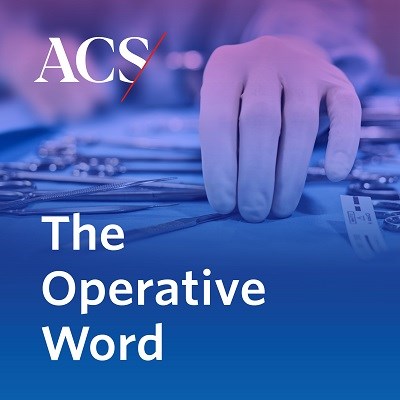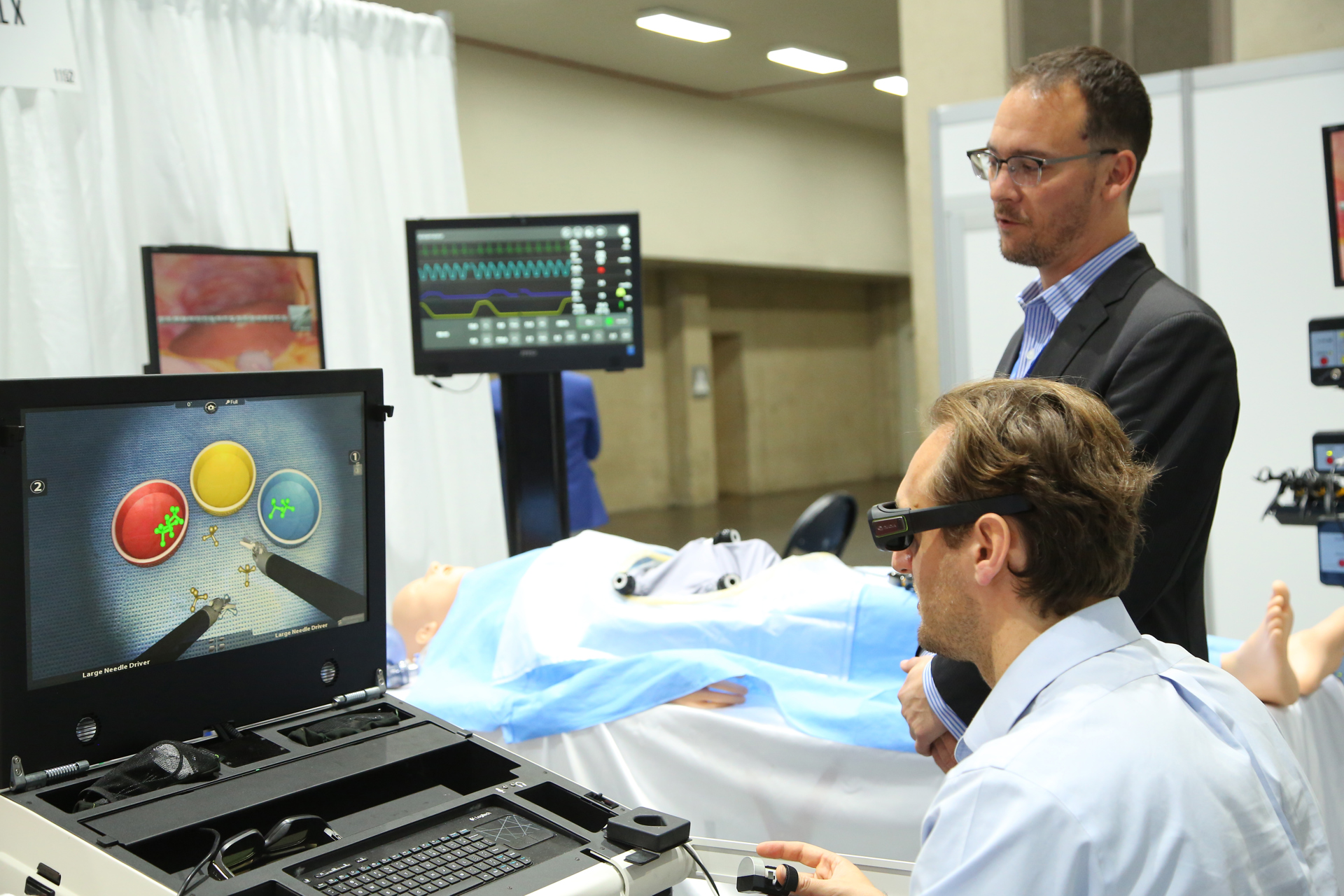Literature selections curated by Lewis Flint, MD, FACS, and reviewed by the ACS Brief editorial board.
Cholecystectomy Benefits Patients Diagnosed with Biliary Hyperkinesia
Kartik A, Jorge IA, Webb C, et al. Defining Biliary Hyperkinesia and The Role of Cholecystectomy. J Am Coll Surg. 2023, in press.
Functional gallbladder disorders are defined by the Rome IV criteria as presence of biliary pain plus low ejection fraction (EF) on cholescintigraphy. Available evidence supports the conclusion that there is a group of patients with typical biliary pain and elevated EF on cholescintigraphy who have a functional gallbladder disorder described as biliary hyperkinesia.
The objective of this study was to attempt to identify, using cholescintigraphy EF, patients with biliary hyperkinesia who would benefit from cholecystectomy. Patients (n = 1,596) in a single healthcare system who underwent cholescintigraphy during the interval 2007 to 2020 were included in this retrospective review. Eligible patients were older than 18 years, had symptoms of biliary disease, and a cholescintigraphy EF of >50%.
During the study interval, 141 patients underwent cholecystectomy. The data analysis showed that 78% of patients with an EF of >81% had pain resolution following cholecystectomy. Of note is the observation that 60% of the patients with EF >50% had resolution of symptoms after cholecystectomy. The authors concluded that patients diagnosed with biliary hyperkinesia based on symptoms and EF >81% would benefit from cholecystectomy.
Editorial
Knauer EM. Treatment Guidance for Patients with Hyperkinetic Gallbladders. J Am Coll Surg. 2023, in press.
In the editorial that accompanies the article, Eric M. Knauer, MD, FACS, noted that the benefit of cholecystectomy in patients with functional gallbladder disease is clear, and that future research is needed to determine whether cholecystectomy might be recommended based on clinical symptoms alone.
Concomitant Cholecystectomy during Metabolic and Bariatric Surgery Increases Postoperative Morbidity
Marciniak C, Lenne X, Bruandet A, et al. Risk-Benefit Balance of Simultaneous Gastric Bypass or Sleeve Gastrectomy and Concomitant Cholecystectomy: A Comprehensive Nationwide Cohort of 289,627 Patients." Ann Surg. 2023, published online ahead of print.
Weight loss following metabolic and bariatric surgery (MBS) is associated with an increased risk for cholelithiasis. This observation raises the question of a possible benefit from cholecystectomy at the time of the MBS procedure. The authors used data from a French national medical database and compared outcomes in patients who had cholecystectomy at the time of MBS with those who did not. Another analysis of the study sample determined the risk of biliary complications up to 9 years following MBS.
Between 2013 and 2020, 289,627 patients underwent MBS; 70% of patients underwent sleeve gastrectomy. Prophylactic cholecystectomy was performed in 15.5% of patients. The data analysis showed that postoperative morbidity was significantly higher in patients who underwent cholecystectomy regardless of the indication for the procedure. For patients who did not undergo cholecystectomy, the risk for postoperative cholecystectomy for gallstone symptoms or complications was 1.7%/year after the first 18 months.
The long-term risk for gallstone complications was low. Gallstone migration rate was 0.1%; biliary pancreatitis risk was 0.08%; and cholangitis risk was 0.1%. The authors concluded that prophylactic cholecystectomy should not be done at the time of MBS and that cholecystectomy was not indicated for patients who develop asymptomatic gallstones following MBS.






